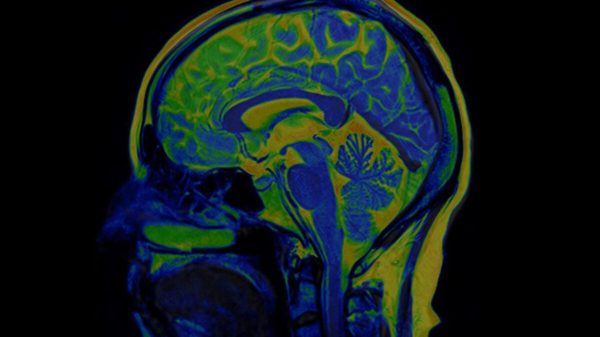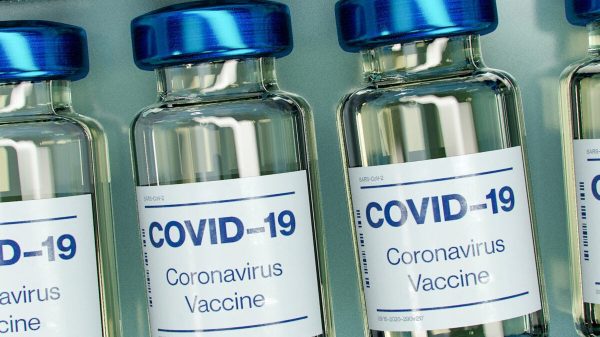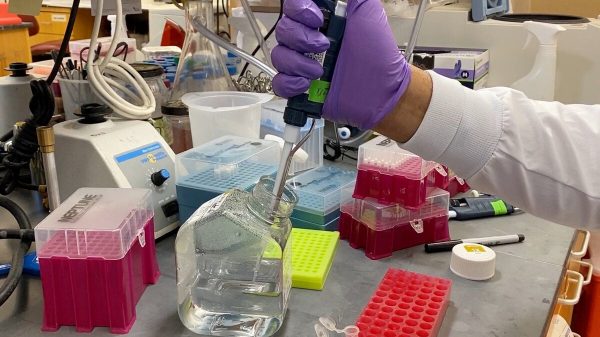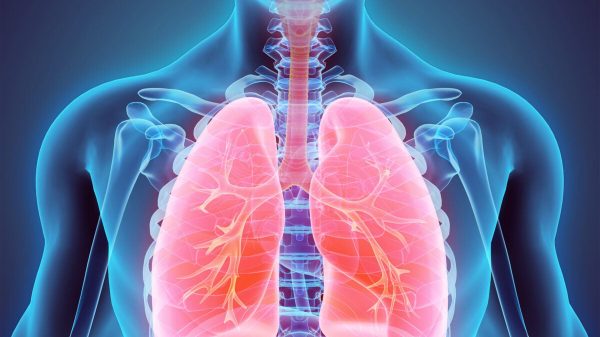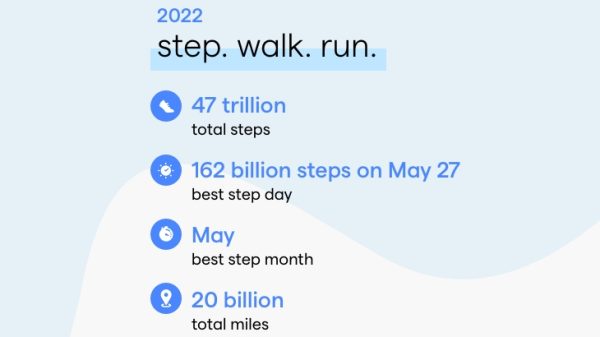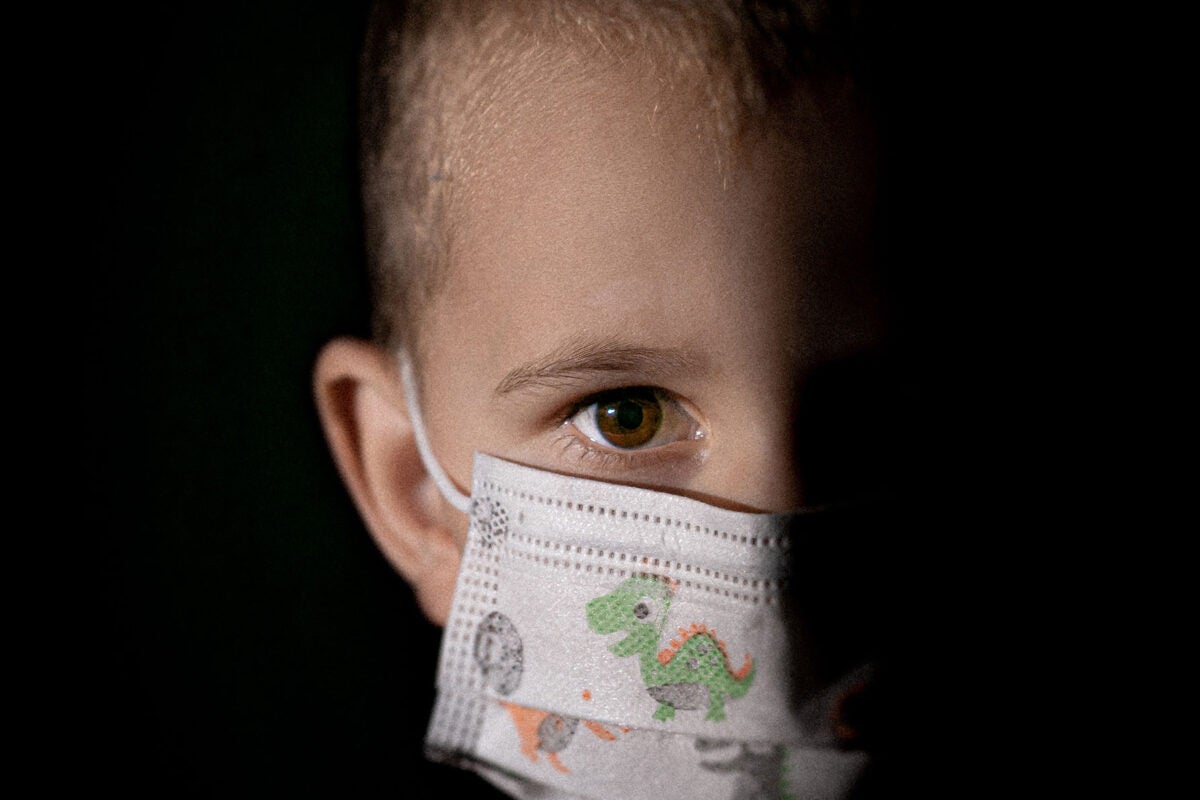By studying 110 children aged two weeks to 21 years who tested positive for COVID-19 at Massachusetts General Hospital (MGH) or urgent care clinics, researchers confirmed earlier findings that infants, children and adolescents are equally capable of carrying high levels of live, replicating SARS-CoV-2 in their respiratory secretions.
The researchers at Harvard-affiliated MGH and colleagues from Brigham and Women’s Hospital and the Ragon Institute of MGH, MIT and Harvard then showed that these high levels of virus correspond with live, infectious virus, and that levels are highest early in the illness in both symptomatic and asymptomatic children. They found no correlation between the age of the children and the amount of their viral load.
The researchers published additional data on several features of the SARS-CoV-2 virus in children in the Journal of Infectious Diseases.
“There had been the question about whether the high viral load in children correlated with the live virus. We’ve been able to provide a definitive answer that these high viral loads are infectious,” says Lael Yonker, pediatric pulmonologist at MGH and co-first author with Julie Boucau, senior research scientist at MGH and the Ragon Institute.
Reassuringly, they also found that viral load had no correlation to severity of disease in the kids themselves, but concerns remain for them and those around them: “Children can carry the virus and infect other people,” says Yonker.
Students and teachers have returned to classrooms, but many questions remain about the impact of the COVID-19 pandemic on children. Most children are asymptomatic or only mildly symptomatic when they develop COVID-19, giving the misconception that children are less infectious. Studying the virologic features of SARS-CoV-2 in children with COVID-19, and how SARS-CoV-2 infection differs between children and adults, is an essential component for establishing effective public health policies, not only to ensure safety within the school but also for controlling the pandemic, says Yonker.
As COVID-19 variants continue to emerge, infected children are potential “reservoirs” for the evolution of new variants as well as potential spreaders of current variants, she says. “Kids with COVID-19, even if asymptomatic, are infectious and can harbor SARS-CoV-2 variants. Variants could potentially impact both the severity of the disease and the efficacy of vaccines, as we are seeing with the Delta variant. When we cultured the live virus, we found a wide variety of genetic variants,” adds Yonker. “New variants have the potential to be more contagious and also make kids sicker.”
Yonker emphasizes that the group’s findings reinforce the importance of masking for children: “The implications of this study show that masking and other public health measures are needed for everyone — children, adolescents, and adults — to get us out of this pandemic.”
The viral loads of kids in the hospital were no different from those found in hospitalized adults, according to the study. Evidence cited by the Centers for Disease Control and Prevention (CDC) suggests that when compared to adults, children “likely have similar viral loads in their nasopharynx, similar secondary infection rates, and can spread the virus to others.”
Increasing awareness of pediatric COVID-19 and implementing broader testing programs for children are two of Yonker’s aspirations. According to the CDC, the “true incidence of SARS-CoV-2 infection in children is not known due to lack of widespread testing and the prioritization of testing for adults and those with severe illness.”
Yonker adds: “To develop effective public health policies, we need data-driven public health guidance. Kids are an essential component of beating the COVID-19 pandemic, and we must learn more about how they are affected and interact with others.”
Co-senior authors are Jonathan Li, director of the Harvard/Brigham Specialty Virology Laboratory and Amy Barczak, infectious disease specialist at MGH and the Ragon Institute.

